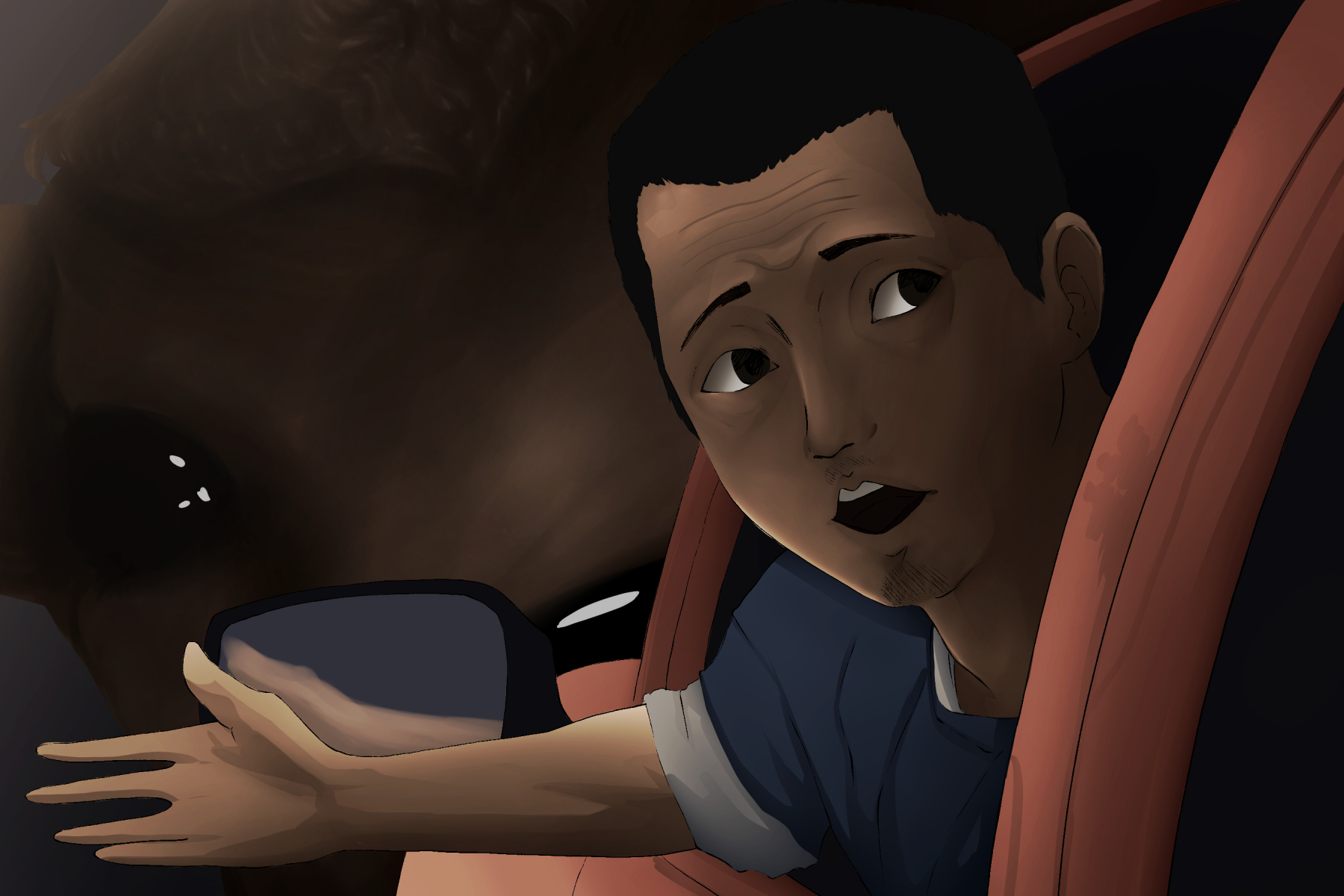Films on the Asian-American diaspora have slowly risen in Hollywood—from the all-Asian cast of “Crazy Rich Asians” to multiple Oscar-award-winning films such as “Parasite” and “Everything Everywhere All At Once.” The way these movies highlight the Asian American experience remain as relevant as ever for their representation. So, what makes Netflix’s A24-produced “Beef” any different? Featuring prominent Asian-American actors Steven Yeun and Ali Wong, the TV series kicks off with a road rage incident between the two main characters that escalates to a battle of psychological warfare. With scenes that evoke laughter and warmth one second only to become tense and anxiety-inducing in the next, “Beef” is a take on the Asian-American struggle of generational trauma, capitalism and letting out your anger in a culture that would rather silence you. A refreshing genre blend of psychological drama, black comedy, tragicomedy and thriller, “Beef” makes a name for itself in the world of Asian-American cinema.
The Inspiration Behind “Beef”
Creator Lee Sung Jin experienced a real-life incident of road rage—for him, it was someone “honking, cursing at me and then d[riving] off.” Lee then decided to follow the perpetrator in his car, laughing that “I’m sure in his mind … it felt like I was just a wild lunatic stalking him.” Beyond that initial incident, he reflects that cars, the “literal bubbles that you drive around in,” make us “trapped in our subjective realities.” With “Beef,” the show explores how two different worlds collide due to a minor interference and end up spiraling into something greater.
These two worlds are of the main characters Danny Cho (Steven Yuen) and Amy Lau (Ali Wong). Danny, a working-class contractor, simultaneously struggles to support his younger brother and wishes to buy land for his parents to move from Korea to America. In stark contrast, Amy runs a million-dollar business yet is constantly working and under pressure, seeking to sell her business to be able to spend more time with her daughter. With the monotony and unsatisfying conditions of their work, their feud allows them to release their stress and anger. Lee explains that “I think for a lot of us when we’re stuck in our status quo, usually something dramatic has to happen to shake us out of it … Whether positive or negative.”
“You’re Korean Robin Hood… And I’m Korean Aladdin”
As evidenced by the sub-heading quoted from the show, “Beef” strikes a perfect balance between humor and tension. Danny and Amy pull pranks on each other that aren’t socially acceptable in real life—yet on screen, the shock and horror of their pranks are somewhat laughable, especially with the angry reaction that arises from the other. The imagery of Amy furiously screaming “This is virgin oak!” while holding a gun in the other hand is absurdly dark humor that the show manages to nail. Despite their actions, you can’t help but feel attached to Danny and Amy, who both have redeeming qualities that make viewers feel conflicted about who they should root for. As their feud continues, more secrets and individuals of each side are revealed, complicating and expanding beyond the two main characters.
“I’m not going to be infected by your brokenness anymore”
As in most Asian-American movies, generational trauma is a prevalent theme in “Beef.” Without giving too much away, the series touches on the importance of familial piety, respecting hierarchy, trauma and trauma responses (ignoring it). Paul, Danny’s younger brother, does not have a steady job nor the desire to get one, resulting in Danny having to support him and balance between acting as a parental figure and older brother. Danny and Paul also have an older cousin, Isaac, who complicates and interferes with their relationship, instigating conflict and division among the brothers. In Amy’s life, her husband George and mother-in-law Fumi add to her own stress, as she often has to choose between prioritizing her family or her business. Running her company also gets in the way of taking care of her young daughter, June. “Beef” involves the concept of family as much as it focuses on the feud between Danny and Amy. Danny’s family also mixes in Korean honorifics when speaking English, the merging of two language something most bilingual speakers can relate to growing up in America.
“You have to keep up the illusion, people always prefer it to reality”
Both main characters continuously experience hardships and obstacles throughout the show, so it makes sense why they are so frustrated and burnt out with their lives. Although not explicitly stated, capitalism is a driving reason why these characters are so unhappy. Money relies on networking, and to appease others Danny and Amy put on a constant façade of happiness and sociability. Yet, more often than not, individuals in power commit microaggressions and take advantage of our main characters. This is why the feud is almost fun for them as it is a coping mechanism that relieves their stress. As they can’t express their true emotions to anyone else—they use each other for releasing their anger.
The Cast’s Thoughts
When first hearing the pitch of “Beef,” Ali Wong was immediately drawn to working with Steven Yeun and Lee Sung Jin, being “big fans of their work.” Wong elaborates that Yeun and Lee “are always drawn to doing something that they’ve never seen or heard before that feels honest,” and so she has “so much trust in them.” Joseph Lee, the actor for George in the series, commented on the experience being “healing,” coming from an immigrant household where immigrant generational trauma isn’t “really spoken about or verbalized.” Steven also remarks that “Beef” incorporates “small, intricate authentic things like… growing up in Korean church” and aims to represent “family members who have not been seen” in Hollywood. In watching the TV series, Wong hopes viewers “can forgive themselves through seeing themselves through these characters.”
Audience and Critical Reception
With a 99% approval rating from critics on Rotten Tomatoes, it’s no surprise “Beef” has appeased the general public. The show is praised for its acting and the nuanced approach to its heavy content. Critic Natasha Alvar states, “A24 has done it again. Beef is delicious, incendiary stuff, with delectable performances from leads Steven Yeun and Ali Wong, and material that has such a resonance that it might be a tad difficult to swallow.” Viewers also love the show’s binge-worthy quality and its “great characters, great plot, great cinematography, it is one of the best shows I have seen in a while.” “Beef” is a smart and intricate television series that articulately portrays the Asian-American experience—from its cinematography, humor, ability to build tension, and thought-provoking dialogue. Writers flesh out the characters who encapsulate human nature’s strengths and flaws, touching on experiences that Asian, immigrants, and really anyone can relate to. With commentors saying Yeun and Wong are bound to get an Emmy from “Beef,” you should watch the series for yourself to determine its accuracy on portraying human life, and reflect on your own repressed emotions.

















